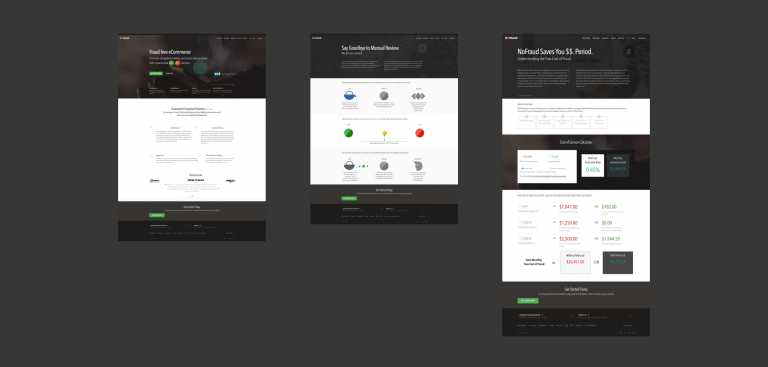Insurance Outlook
Insurance companies have always been able to navigate their way through an evolving marketplace. However, according to the Deloitte Insurance Outlook 2018, macroeconomic, social, and regulatory changes are likely to impact insurance companies. In the digital age, insurance companies are dealing with disruptive forces like climate change, the development of autonomous vehicles and the rising threat of cyber attacks. While these trends may seem troublesome, high-tech business intelligence tools can provide more clarity in an increasingly unpredictable world.
With stagnant growth across the industry, insurance companies are investing in new products and business models to gain an advantage in a highly competitive market. The financial goals of every insurance company remains the same – cut costs while improving productivity. These financial goals have become difficult to reach as 1-click digital service has increased consumer expectations. With this in mind, insurance companies are intent on adopting business intelligence and analytical tools that are designed to promote growth and efficiency.
How Can Business Intelligence and Analytics help the Insurance Industry?
Insurance companies have traditionally used CRM software to connect and maintain contact with their potential customers. Now, complicated service industries like healthcare and insurance are starting to see the benefits of using more powerful business intelligence and analytics platforms.
In an unpredictable world, the use of analytics and business intelligence tools can reduce risk and improve decision-making. In 2015, Bain and Company surveyed 70 insurers and found that annual spending on growth on Big Data analytics will reach 24% in life insurance and 27% in P&C (Property and Casualty) insurance. While this information demonstrates the rapid adoption of business intelligence tools, this survey also revealed that 1 in 3 life insurers and 1 in 5 P&C insurers do not use advanced analytics for any function of their business. This leaves an opportunity in the marketplace for insurance companies to utilize business intelligence tools to gain a competitive advantage.
BI allows insurers to gain better insights on their customers in order to create a better experience. These tools not only help companies paint a whole picture of their customers, but they also help strengthen client relationships, market share, and revenue. According to Mckinsey and Company, companies that use data analytics extensively are more than twice as likely to generate above average profits.
The Takeaway
Working in the insurance industry can be exciting and challenging. The individual sales process can be rewarding as the success of a sale is the responsibility of a single agent. Insurance agents are often fully occupied with meetings and phone calls. While insurance agents normally have access to basic demographic data, third party data vendors have become increasingly popular because of their capability to combine data sets and provide new insights that were previously unknown. Additionally, third party data has been a useful resource for insurance companies to understand the motivations of their prospects. By analyzing the social trends and life events of their prospects, insurance agents have the tools to make a stronger sales pitch.
At Synaptik, we pride ourselves on customer service. Our in-house data scientists are to happy to help you identify third party data sets that can be integrated into your current performance management system and put you ahead of the competition. According to the Everest Research Group, adoption of third party data analytics is expected to quadruple in size by 2020. In an increasingly volatile market, third party data will be critical to better planning, decision-making and customer satisfaction.







